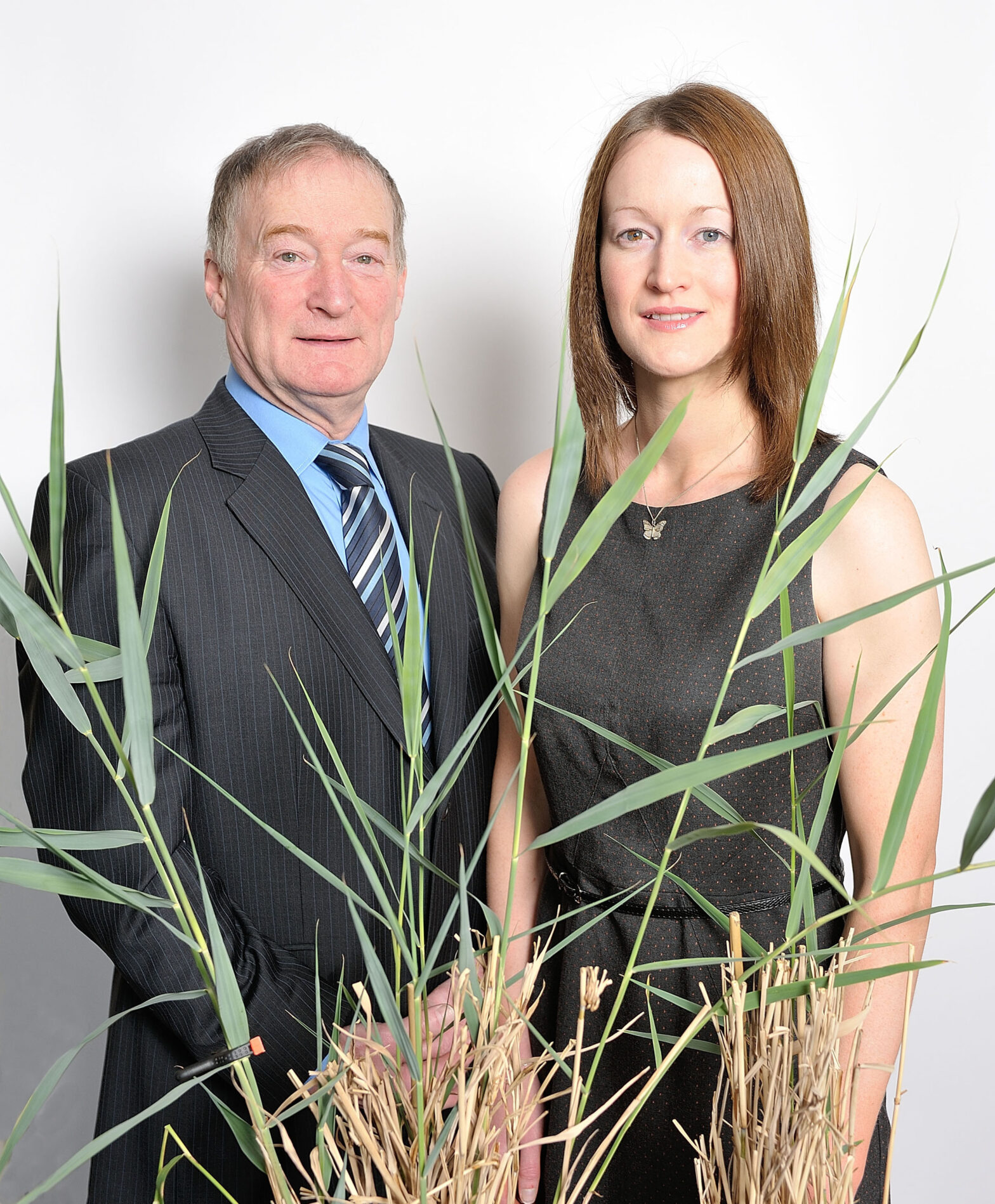I don’t suppose many daughters find themselves moving from a comfortable IT department in a major bank, to being up to the top of their waders in oil-polluted water in Africa. But that’s pretty much what happened to me.
My dad, Lucian Gill, is one of the world’s leading reed bed experts and, in particular, the use of reeds to clean water polluted by chemical contamination. He set up an environmental consultancy company, called Oceans ESU, in early 1992 with his own money – aiming to make an impact on reducing global water pollution.
As well as being highly efficient and good for wildlife, reed beds are significantly cheaper than equivalent mechanical systems. They’re easier to operate and maintain, so they are really attractive for developing countries where budgets are tighter.
I joined Oceans in 2010. Business was booming and we had a huge operation in Sudan. Then, in 2012, war broke out between Sudan and neighbouring South Sudan. As a result, Oceans lost its entire operations in the North and we were forced to remove our team because of safety concerns.
More importantly, because of US and European sanctions, finance and trade became a major issue. The combination of the political situation and a new business manager at our UK bank, meant development funding became extremely difficult just when we most needed it to support the company.
More on Best Business Decisions:
- Kevin Taylor – Providing ‘duvet days’ to increase staff retention
- Eric Collins – Encouraging employee engagement to boost creativity
- Sam Ferguson – Deciding to join a failing business
- David Barker – Diversifying the client base and learning to say no
Fate intervened, because I was contacted by a firm which specialises in pension-led funding. We were intrigued because pension-led funding appeared to give our business greater security but, more importantly, we were using our own money to fund our own business. It seemed to be a much better type of finance, especially for businesses that banks struggle to understand.
Coming from corporate finance, I was naturally very cautious because we were using funds from pensions held by my father and other directors. However, everything was explained in detail. They also worked closely with our new bank, which itself became interested in pension-led funding and were supportive.
A pension scheme for was set up for Ocean’s directors, which allowed them to put funding into the business through a general debenture purchase. They then used the intellectual property (IP) held within the company to arrange a second tranche of funding from the pension scheme a few months later.
The money has already been put to very good use, with development of a new sales and marketing strategy that has allowed us to go after new contracts around the world, including expansion in South Sudan and new contracts in Malaysia and the UK.
Pension-led funding was the best business decision I’ve ever made – well, almost. Working with my dad has to come top of the list.






